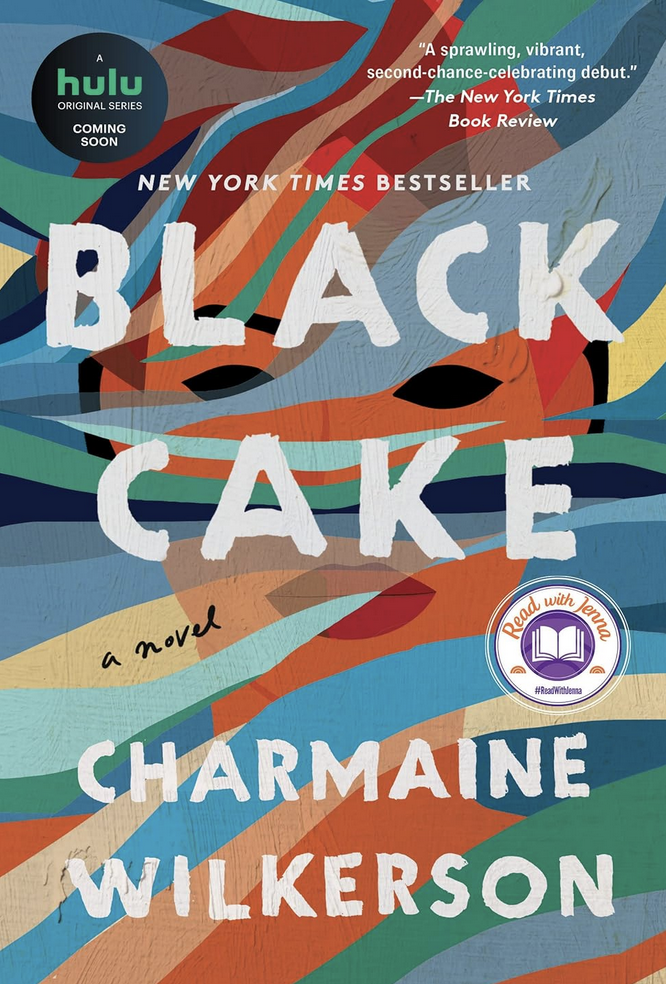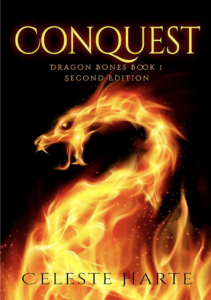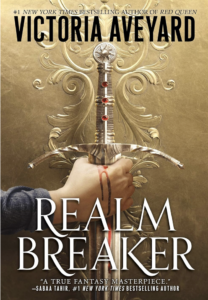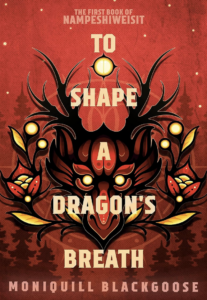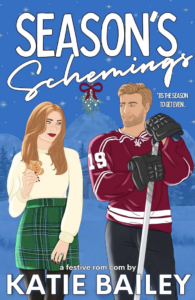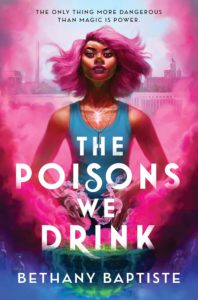
Black Cake
Charmaine Wilkerson
I mean absolutely no disrespect by anything you are about to read. None.
That said, I wanted to love this book. I wanted to open Black Cake, find emotional and other Caribbean connections, and fall in love with this book.
And to be crystal clear, up until around 50% of it, that is exactly what happened. By 10% later, however, my mind started to drift and wonder if this was going to be a DNF. The thing was, though, the concept and ideas discussed in the book were ones that resonated with me, and felt important. So I kept pushing forward and at about 75% the author won me over again.
Despite that, the section where she lost me was a lil rough. Let me explain.
Throughout the first half of Black Cake, the author authentically described the rhythm and feel of life in the Caribbean in the 1960s. Initially, she is vague enough that the island discussed and its people could be multiple islands within the Caribbean. Specifically, I thought the book was a Trinidad and Tobago based story, but it is based in Jamaica. You felt it, though. The language, the interactions, the relationships and expectations of society at that time, was genuinely Caribbean.
It won me over and over again.
Actually, I went around telling friends and family the energy of the book reminded me of A House for Mr. Biswas, Miguel Street, Samuel Selvon’s A Brighter Sun, and that Trinidadian Play, Belle Fanto.
That first half had me fully reeled in. It was as if an elder in my family was relating a personal story to me. I could also relate to the younger characters, who were finding out truths and secrets they could not have imagined about their family and its roots. When I say the first 50% had me, I mean it.
Then came that next section. Sigh…
The author lost me when she began to create one of the tidiest bows I have ever seen to wrap up a story.
Now, please understand, I am a fiction woman. You can sell me dragons, vampires, and magical systems any day all day. Most of my preferred reading requires me to suspend reality and fully exist in the space of the wildest of imaginings. That is my normal.
For me, however, if you are writing, yes still a fictional story, but one that you have seeded with so much realism, when you start to add in parts that are undoubtedly fairy godmother type coincidences… you will lose me. Because you are prematurely telling me the end of the story.
Also, to switch from tangible realness to magic wand fairy tales? That jarred me. It jarred me right out of the book.
Frankly, do not get me wrong, it is not a ‘everything works out well happily ever after’. It is, though, a well tied pretty pink bow properly fluffed out. And that is not what, in my opinion, the foundation of the book built me up for.
That said, it is a good book. A solid book that I am very sure many people will sit and enjoy. Caribbean people, particularly, will see themselves in this story and be able to relate to it at an intrinsic level.
I mean, I did persist and finish it, which says a lot.
It would not be a real review though if I did not give a heads up on that specific section. It was a wrinkle in an otherwise well-executed tale.
Pre-annoyance, I called Black Cake a modern Caribbean classic. Truly, I still believe it is once you are able to mentally blend the realism with astonishing coincidence.
Additionally, one of the strong points of the book was the detailed way it showcased how deeply rooted food is in all cultures. Food tells stories, creates connections, and passes along history in a single bite, an unforgettable smell, and within a beloved recipe.
By the way, there is a murder mystery being solved throughout, but for me while it drove the actions of the characters, it did not drive the plot or story line. To my mind, it was there, but not a main aspect of the book, even though everyone in the book behaved as if it was.
Also of note, this book was made into a Hulu series (currently streaming episodes), and was listed in Oprah’s book club.
Overall, I would give Black Cake a solid rating of 3.3 out 5 and recommend it to anyone who wants an insider’s look into Caribbean family dynamics.
Share with a Book Buddy!
